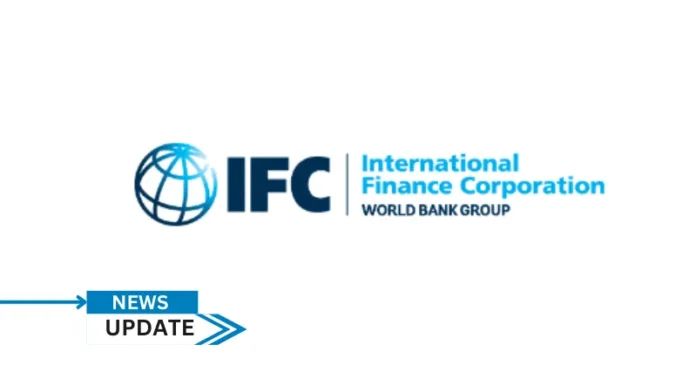
With over 685 million people still without electricity, there is an urgent need for innovative approaches to increase access and meet global clean energy targets, according to a new report by IFC. “Repurposing Power Markets: The Path to Sustainable and Affordable Energy for All” outlines how countries can tap private sector capital to drive progress toward access and sustainability.
Read also – ADB Expands Support for Philippines’ Climate Action with $500 Mn Loan
The findings show that transitioning to more competitive power market structures significantly improves electricity access, renewable energy adoption, and private sector participation. This is critical to accelerating the shift toward clean, affordable energy, especially in emerging markets.
Read also – Mashreq and British International Investment Collaborate
“The private sector plays a crucial role in scaling renewable energy and expanding access to reliable electricity for millions of people around the world,” said Valerie Levkov, IFC Global Industry Director for Energy, Metals & Mining, and Sustainable Infrastructure Advisory. “This report highlights that modernizing power markets is essential to unlocking private capital and delivering sustainable energy solutions—a mission that aligns closely with IFC’s ongoing efforts to advance sustainable, resilient power systems across emerging markets.”
The report finds that moving away from traditional vertically integrated utilities to single buyer models or wholesale-retail competition models enables greater private sector engagement and brings improvements in access to electricity, generation capacity, and adoption of renewable energy. It finds that each additional year in a wholesale-retail market structure is associated with a 3.3 percent increase in total electricity installed capacity and a 0.6 percentage point increase in renewable energy share.
Regional insights further emphasize the importance of competitive markets. In regions like Latin America and East Asia-Pacific, private sector participation through independent power producers (IPPs) has led to substantial gains in both electricity access and generation capacity.
The report highlights three major trends—decentralization, digitalization, and decarbonization (the ‘3Ds’)—that are shaping the electricity sector’s current evolution. These overarching trends demand a major rethink of how power markets are structured. Alongside these major trends, four major constraints —cost, complexity, corruption, and lack of cost recovery— are disincentivizing private investors from engaging in the power sector, especially in less established markets. The report provides practical solutions for policymakers, private investors, and development finance institutions to collaborate on repurposing power market designs in ways that address past constraints and take advantage of recent technology trends. Effective solutions involve leveraging innovations in smart grids, energy storage, and distributed generation, among others, while institutionalizing investor-friendly policies and regulations.
As global economies continue to decarbonize and decentralize their energy systems, the report calls on policymakers and development finance institutions to use proven innovations to engage the private sector in mobilizing resources at the unprecedented scale needed to meet the challenges of electrification and sustainability.
About IFC
IFC — a member of the World Bank Group — is the largest global development institution focused on the private sector in emerging markets. We work in more than 100 countries, using our capital, expertise, and influence to create markets and opportunities in developing countries. In fiscal year 2024, IFC committed a record $56 billion to private companies and financial institutions in developing countries, leveraging private sector solutions and mobilizing private capital to create a world free of poverty on a livable planet.





